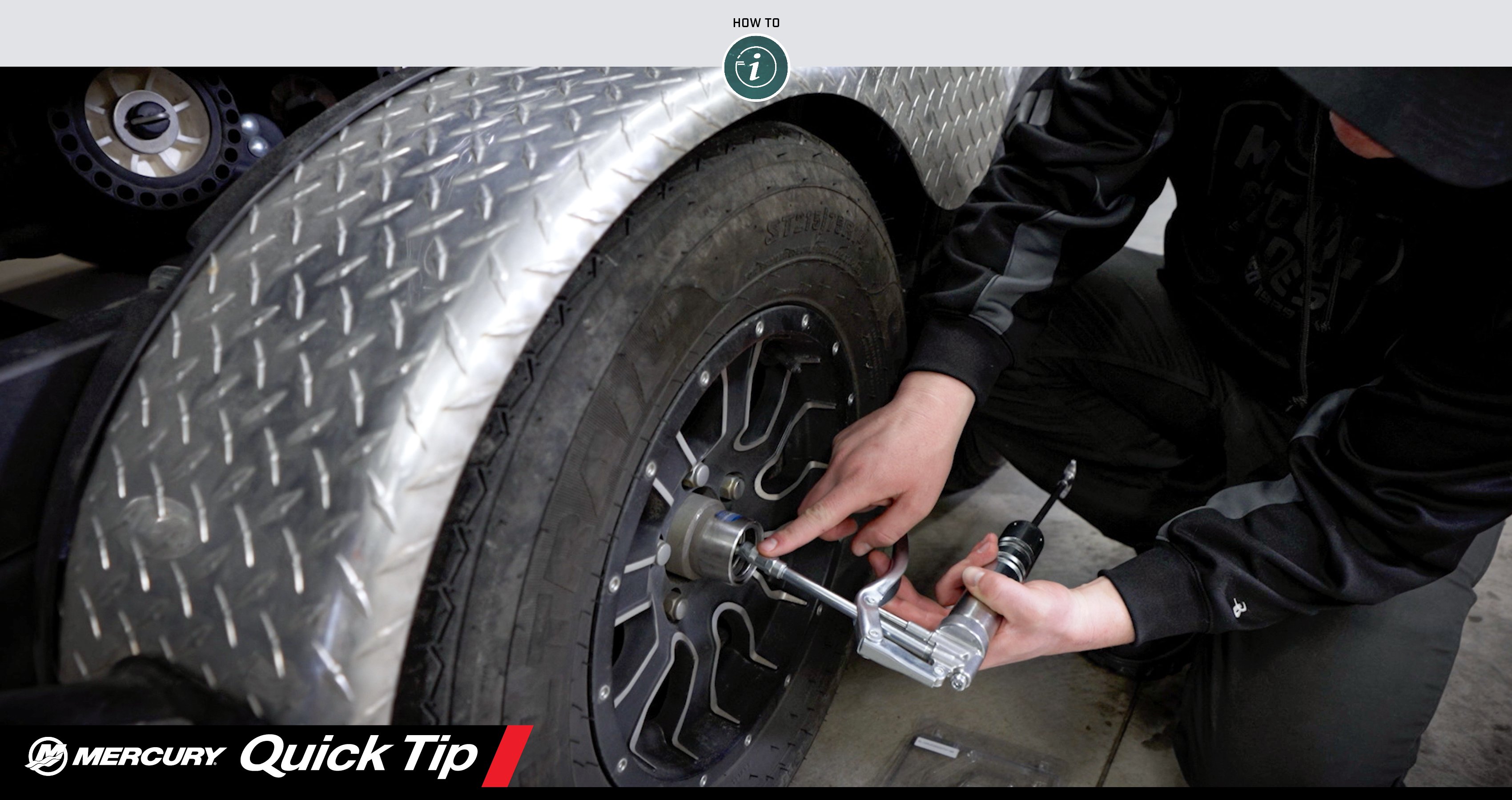Boat clubs, which give a group of people shared access to a fleet of boats, are a relatively new way to enjoy the boating lifestyle. Before Freedom Boat Club pioneered the concept in the U.S. in 1989, boaters typically either owned their own vessel or rented one for a short period of time. At first, boat manufacturers looked at boat clubs as competition, but they soon realized that the clubs make a great way for people new to boating to, “try before they buy.”
“It’s an ecosystem. Boat clubs and boat ownership can exist side by side,” said Nick Gosselin, director of marketing at Freedom Boat Club.
The main advantage a boat club offers is convenience. The club purchases, services, stores and insures the boats for its members.
“It gives you more time on the water for fun. On Saturday morning, you can go to your kids’ soccer game and if you have a reservation, you can be on the water all afternoon,” Gosselin said.
In recent years, boat clubs have sprung up in waterfront locations around the globe. Not all boat clubs are the same, however. Before you join one, here’s what you need to know.
What the Membership Fee Covers
Typically, a boat club will charge a one-time joining fee plus a monthly membership fee. Some offer different membership packages depending on whether you prefer to go boating on weekdays or weekends, when demand for the boats is higher, or based on the number of hours you plan to use its boats each month. The membership fee should cover storage, repair and maintenance of the club’s boats, including washing the vessel after each use. They only extra charge you should have to pay is for the fuel you use when you take a boat out.
“First and foremost, you should ask what will come with your membership, including access to training, access to the boats, the types of boats available, the condition of those boats, and the number of locations the club has,” Gosselin said.
Whether you’re an experienced boater or not, it’s important for a boat club to give new members training in how to operate its boats, the safety equipment on board, and navigating the local waters. The orientation also should explain the club’s geographical boundaries for using its boats.
At Freedom Boat Club, every member, whether new to boating or an “old salt”, is required to take the club’s free introductory four-hour class, which includes hands-on training on the water.
“You can also schedule one-on-one time with a licensed captain,” Gosselin said, adding, “Training is offered free of cost throughout the duration of a membership.” These training sessions not only ensure that all club members are qualified to operate its boats, but it also gives members more confidence on the water.
Be sure to ask a prospective boat club for a full list of its boats, including their type, length and passenger capacity. Clubs in different parts of the country may offer different types of boats based on the needs of their members and the nature of their local waters. For example, if angling is good in the area, the club will probably have fishing boats in its fleet. Many clubs also offer outboard day boats that you can take to a beach or a dock ’n’ dine restaurant. Pontoon boats are an increasingly popular choice for boat clubs because they accommodate a lot of passengers and are easier to board for people with mobility challenges.
If a day on the water would not be complete without the family dog, be sure to ask the club if its boats are pet-friendly. “I’d say roughly 90 to 95 percent of the Freedom Boat Club fleet allows pets, mainly dogs,” Gosselin said.
Another key question is how many locations the club operates. Some only have a single base, while others have multiple locations and provide members with access to boats at all of them. The largest boat club in the world, Freedom Boat Club gives its members reciprocal access to boats throughout its more than 370 locations in the U.S., Canada, Europe and Australia (coming in June of 2023). This lets members book boats in a destination where they are going on vacation or own a second home.
How the Reservation System Works
Something to keep in mind about boat club membership is that, unlike boat ownership, impromptu boat trips aren’t really an option. It takes more planning than that. Boat clubs typically operate on an advance reservation system that helps the club to allocate access to its fleet fairly across its membership. However, due to the high demand for certain types of boats and for weekend boating sessions, it’s crucial to understand how the club’s reservation system works in order to avoid disappointment. Be sure to ask how far ahead you can book a boat, whether you can book it for more than one session, if you can make more than one reservation at a time, and what happens if you have to cancel a reservation.
Freedom Boat Club, for example, allows its members to book a particular type of boat for a morning or afternoon session up to six months, but not less than 24 hours, in advance. Each member can also reserve up to four sessions at a time, including back-to-back sessions in the same boat. Freedom Boat Club members make their reservations by calling their club or visiting their account online. Members may cancel any reservation without incurring a fee as long as they notify the club in advance. The club will also keep a waitlist so that if a reservation is canceled, it will be able to get another member out on the water.
Another key question to ask a prospective boat club is what ratio of members to boats it operates under. Typically, Freedom Boat Club utilizes a 10:1 ratio, which has proved successful for more than 30 years.
How the Club Looks in Person
Before signing on with a boat club, we highly recommend you make an appointment to visit the location and inspect some of the boats in its fleet. This will give you the chance to assess the age of the boats and determine if their inventory has been well-maintained. During your visit, it’s a good idea to ask how long the club has been in existence and to get details about its insurance policy and management structure. If the boat club is established, well-insured and well-organized, it will give you greater peace of mind about signing the contract.
Once you have done your due diligence and joined a boat club, you can relax and enjoy being on the water without some of the responsibilities that come with boat ownership, like cleaning and maintenance.




